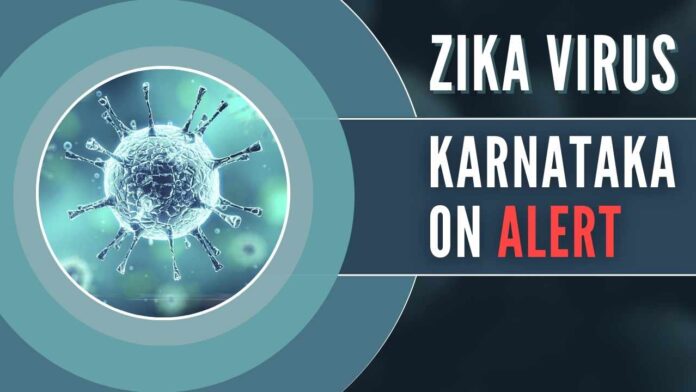
A five-year-old girl from Raichur is Karnataka’s first Zika virus patient
After the first Zika virus case in Karnataka state has been confirmed, the state health department is now on high alert. The virus has been confirmed in a five-year-old girl from Raichur district in north Karnataka. Taking cognizance of it, the state government has directed the health department to initiate all precautionary measures from Tuesday to contain the disease.
The authorities are gathering the travel history of the girl and precautions have already been initiated in the neighborhood and surroundings of the girl’s residence. The blood and urine samples of the parents and family members have been collected and so far, five persons have tested negative.
The cold, cloudy weather and drizzles in the state due to the Mandous cyclone have further complicated the situation as the virus spread faster under these circumstances according to experts.
Severe symptoms of fever, body pain, pain in joints, rash, and conjunctivitis are found in persons affected with the Zika virus.
Health Minister Dr. K Sudhakar stated that the government is prepared to handle the situation. He stated that the tests done by the National Institute of Virology from Pune have confirmed the disease.
The girl was infected with a fever on November 13. The parents had got her admitted to the Government Hospital in Sindhanur. There it was detected that she is affected with Dengue fever. Later, the girl was shifted to Vijayanagar Institute of Medical Sciences (VIMS) and administered treatment from November 15 to 18.
Zika virus is transmitted to people primarily through the bite of an infected Aedes species of mosquito. These mosquitoes usually bite during day time. The disease also spreads through unprotected intercourse and blood transmission.
[With Inputs from IANS]
PGurus is now on Telegram. Click here to join our channel and stay updated with all the latest news and views
For all the latest updates, download PGurus App.










